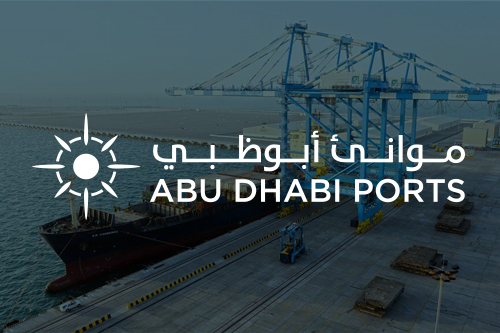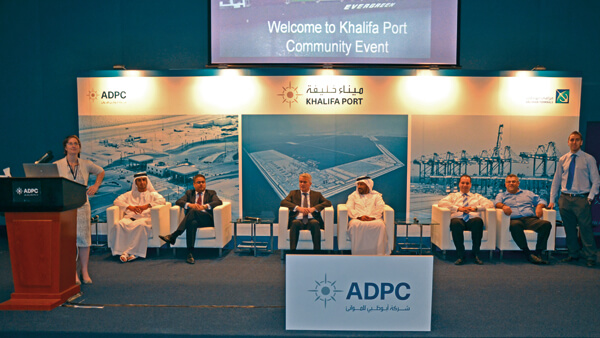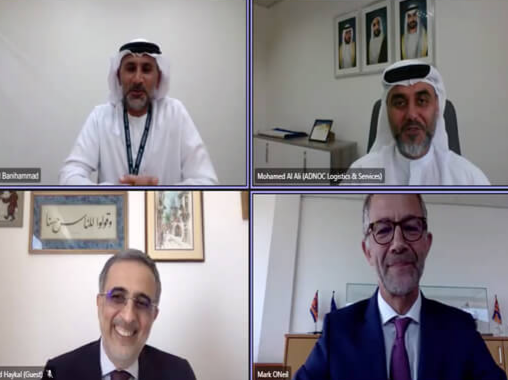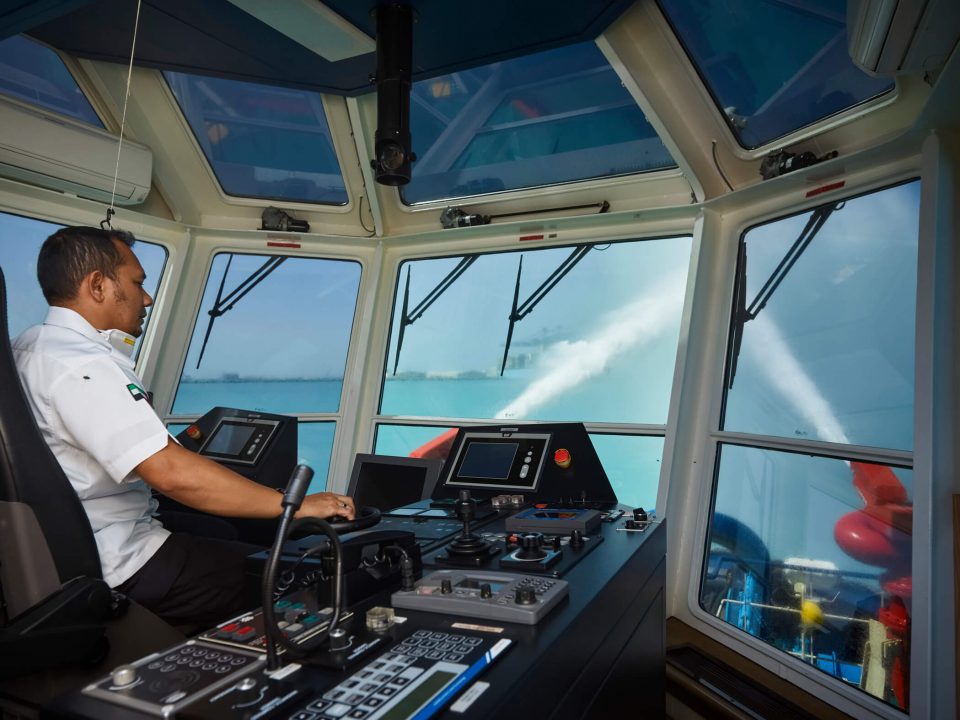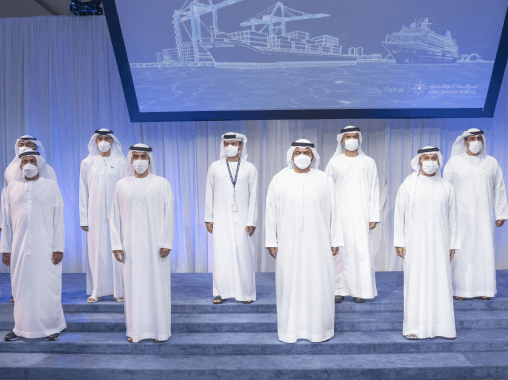ADPC sets sail for projected maritime crew demand
Firstly, ADPC’s state-of-the-art maritime training centre at Musaffah Port – the first one in the MENAS region to receive the Lloyd’s Register Approved Training Provider status and the only IALA listed Vessel Traffic Services (VTS) training centre between Turkey and Malaysia – has expanded its VTS training courses.
The training centre, which is accredited by the National Transport Authority (NTA), has added two more modules to the VTS programme and now offers a total of four specialist courses to train VTS operators, supervisors and on-the-job instructors.
As part of the MOU, ADPC will look to assist HCT during those courses by providing access where practical to ADPC facilities and vessels to enable HCT students to take part in work experience, field trips and similar initiatives.
The education programmes will lead to a Bachelor of Applied Science Degree in Marine Transport. The courses will include the study and examination required for the Standards of Training Certification and Watchkeeping (STCW) Convention, allowing the students to be qualified to become watch keepers, senior officers and masters of merchant vessels.
The students will also study for the international safety standard; Restricted and General Operator Certificate for the Global Maritime Distress and Safety System (GMDSS).
Today, more than 90% of global trade travels by sea. At the moment this is about 9 billion tonnes annually, but by 2030, analysts predict it could be between 19-24 billion tonnes each year.
To meet this demand, the International Maritime Organisation (the United Nations body for global maritime issues) anticipates that the global fleet will need to expand by 70%. More ships means more people trained to crew those ships, more volume passing through the ports when those ships dock and more people working in ports to manage these operations.
“The MoU is an important step towards the national goal of empowering Emirati talent. According to industry analysts[1], over the next two decades, the greatest growth in container trade will take place between the Far East and the Middle East. With this in mind, our mission is to help build a strong UAE national workforce ready to seize the many opportunities”, Al Shamisi adds.
Dr Tayeb Kamali, Vice Chancellor of the Higher Colleges of Technology said the agreement with ADPC was a further step in advancing HCT’s maritime programmes.
“The Higher Colleges of Technology is proud to be developing a broad range of degree courses and training initiatives for the UAE’s constantly expanding maritime industry and we look forward to the potential enhancement of these with the relevant practical experience and courses offered by the Abu Dhabi Ports Company.” He said.
“We look forward to working closely with the Abu Dhabi Ports Company to ascertain where our institutions can collaborate in the training and development of future leaders and experts in the UAE’s vital maritime and seafaring industries,” he concluded.
As part of its commitment to promoting the UAE ports industry to the younger generation, ADPC also has an ongoing programme of student tours. Since May 2013, ADPC has welcomed more than 450 students who were guided through Khalifa Port and the Kizad Visitor Centre. The students came from various educational institutions, including the UAE University, the Institute of Management Technology and the University of Wollongong in Dubai.

















